Proyecciones de disponibilidad de agua superficial a partir del modelo hidrológico Xanthos
Viernes 1 de agosto de 2025 • 12:00 hrs Auditorio Dr. Julián Adem Chahín, ICAyCC Instituto de Ciencias de la Atmósfera y Cambio Climático Ciudad Universitaria, CDMX IMPARTE: Dr. Miguel Ángel Altamirano del Carmen┃Invitado del Grupo Clima y Sociedad del ICAyCC RESUMEN: Se describen las componentes, fortalezas y restricciones de Xanthos, un modelo hidrológico global espacialmente explícito. Se analizan los resultados de la modelación del escurrimiento superficial en respuesta a cambios en variables atmosféricas ante diferentes escenarios de emisiones de gases y compuestos de efecto invernadero. Se estima la disponibilidad de agua superficial para regiones hidrológicas de México a partir del escurrimiento modelado. SEMBLANZA: Miguel Angel Altamirano del Carmen, es Doctor en Ciencias por parte de la UNAM y Licenciado en Ciencias Atmosféricas por la Universidad Veracruzana. Desde el año 2017 es colaborador en el Grupo de Modelos climáticos y el Grupo de Clima y sociedad, del Instituto de Ciencias Atmosféricas y Cambio Climático de la UNAM. Ha desarrollado modelación numérica del tiempo y clima con el modelo regional del tiempo meteorológico WRF, el modelo CLIMRISK y el Modelo Termodinámico del Clima. Realiza investigación y consultorías en temas de diagnóstico de sequía meteorológica, simulación hidrológica con el modelo Xanthos y el sistema WRF-Hydro, reducción dinámica y estadística de escenarios de cambio climático, detección y atribución del cambio climático, isla de calor urbana, desarrollo de indicadores de resiliencia y adaptación al cambio climático, entre otros. Como funcionario público federal, entre 2005-2012, brindó asesoría técnica a tomadores de decisión de gobierno, participó en la gestión de financiamiento de fuentes nacionales y organismos internacionales, coordinó proyectos de vulnerabilidad y adaptación a la variabilidad climática y el cambio climático, así como en la supervisión del desarrollo de programas estatales ante el cambio climático. Te invitamos a seguir el seminario vía y en









